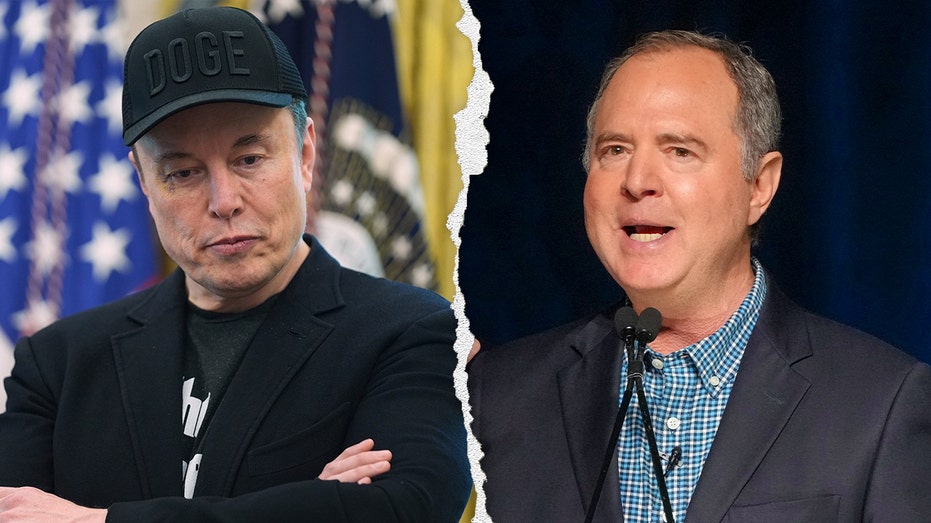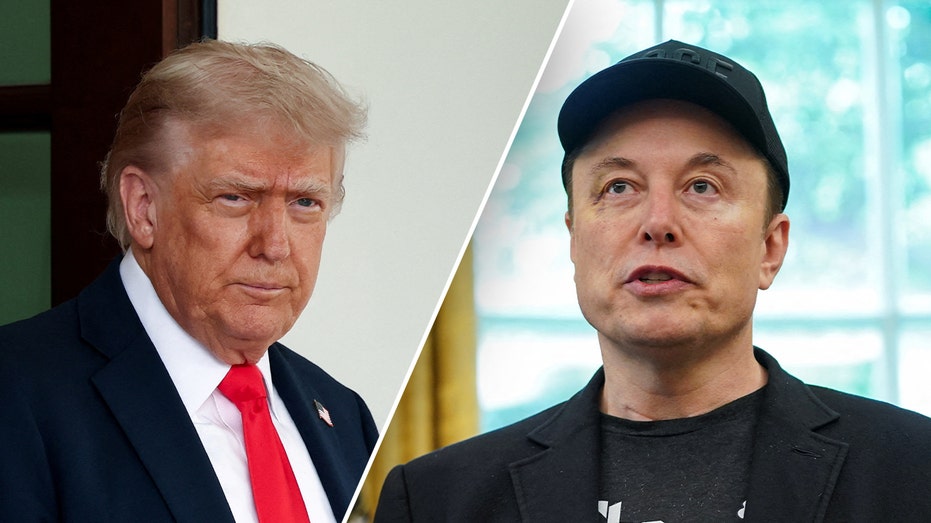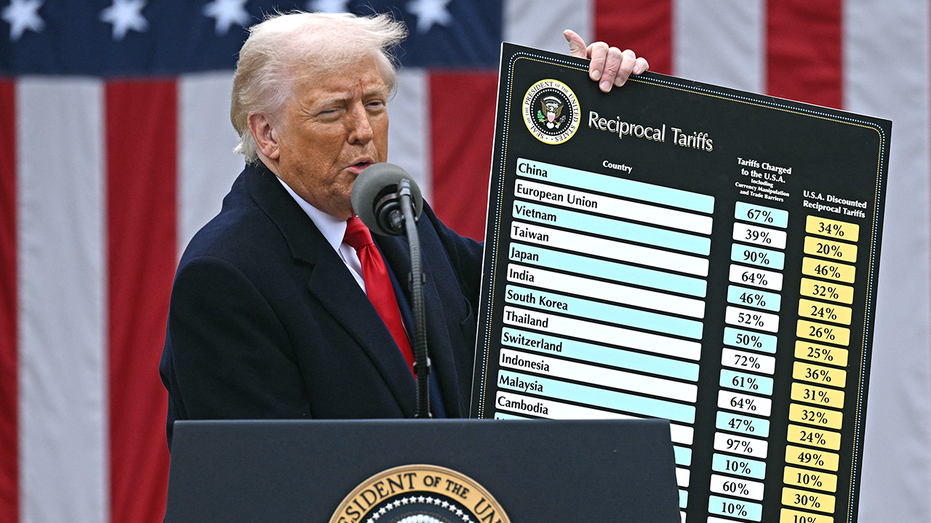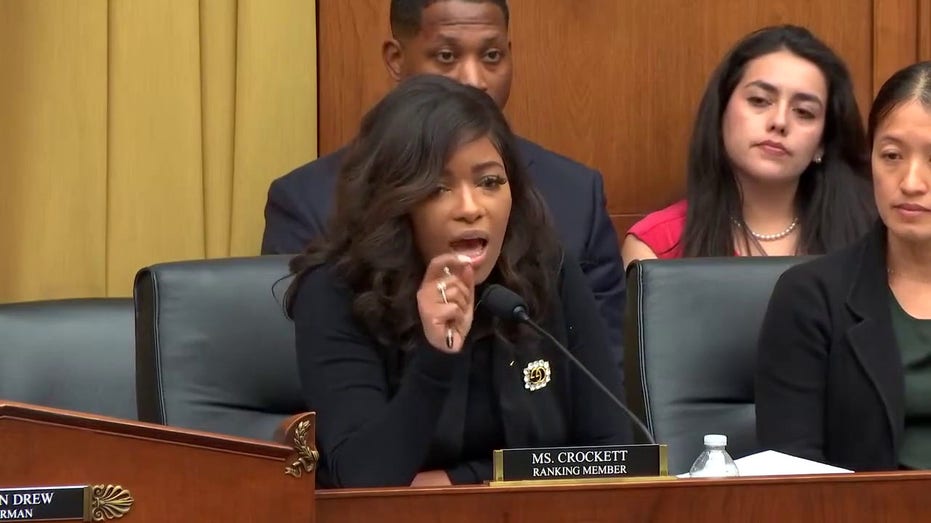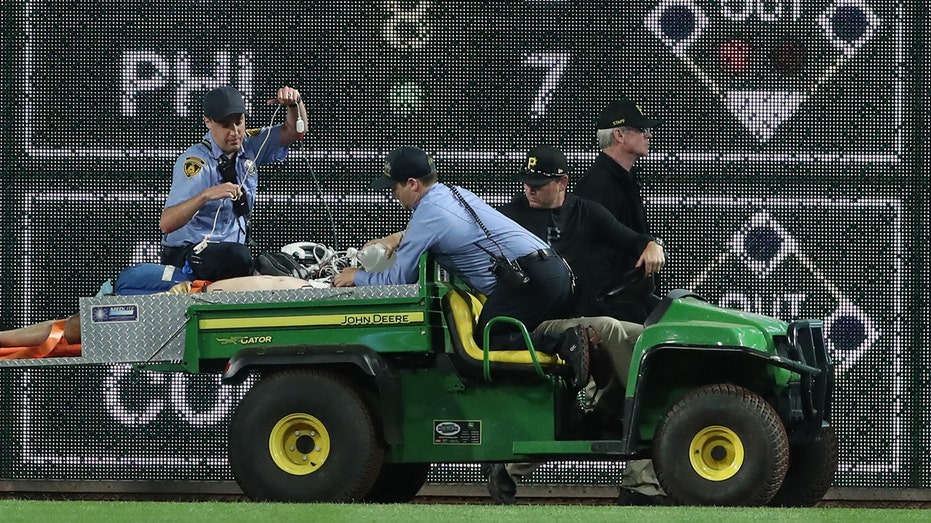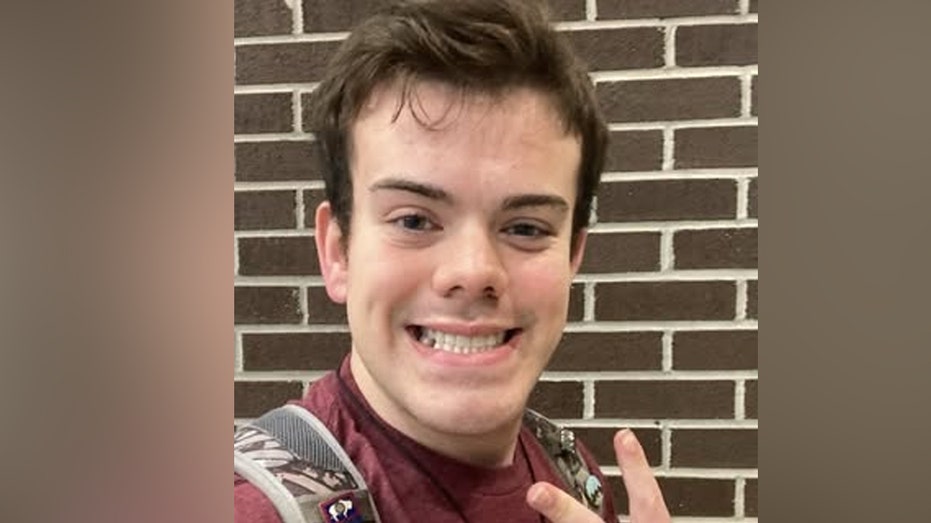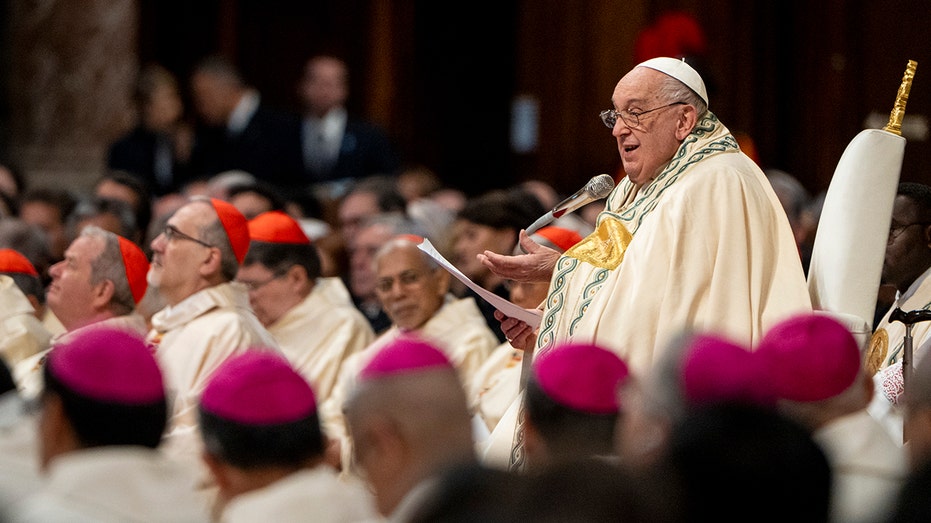Medical professionals say schools have gotten too political, citing ‘unscientific modes of thinking'

Two medical professionals argued in a new report that "medical school has gotten too political," citing "unscientific modes of thinking."
"Medical students are now immersed in the notion that undertaking political advocacy is as important as learning gross anatomy, physiology, and pharmacology," the authors wrote in The Chronicle of Higher Education.
Sally Satel, a lecturer in psychiatry at Yale University School of Medicine, and Thomas S. Huddle, a professor at the University of Alabama at Birmingham’s Heersink School of Medicine, cited several instances of political sentiments affecting the medical school industry.
They noted that researchers are "promoting unscientific modes of thinking about group-based disparities in health access and status."
"The University of Minnesota’s Center for Antiracism Research for Health Equity decrees ‘structural racism as a fundamental cause of health inequities,’ despite the fact that this is at best an arguable thesis, not a fact. (The center was shut down last month.) The Kaiser Family Foundation states that health differentials ‘stem from broader social and economic inequities,’" the authors write.
Satel and Huddle pushed further by detailing an incident that occurred at the University of California, San Francisco, Medical Center. The institution not only called for a ceasefire in the Gaza war between Israel and Hamas, the authors wrote that staff chanted "intifada, intifada, long live intifada!" which "echoed into patients’ rooms."
The New York Times reported last summer that the protesters at the University of California, San Francisco, chanting "intifada" consisted of medical students and doctors.
Such an incident lays out more deeply the consequences of medical schools prioritizing politics over instruction on professional imperatives, according to the authors.
"These doctors were not putting patients first — if anything, they were offending and intimidating patients. They were putting their notion of social justice first," they wrote.
The two medical professionals cite other instances where medical schools are steeped in politics, such as endorsing "racial reparations" and instituting "antiracism" training in order to qualify for a medical license in the wake of George Floyd’s death.
Satel and Huddle offer medical professionals "guidelines" for how to "responsibly" meet patients' needs while leveraging their "professional standing to effect change", including advocating for policies that "directly help patients and are rooted in professional expertise while ensuring that their advocacy does not interfere with their relationships with their colleagues, students, and patients."
MEDICAL SCHOOLS 'SKIRTING' SCOTUS RULING REJECTING RACE IN ADMISSIONS: REPORT
Satel, a practicing psychiatrist, told Fox News Digital that she is the medical director of a methadone clinic that represents a clinical setting. In response to Fox News Digital's request for comment, Huddle said that his "academic career has been as a clinician teaching how to care for patients while caring for them."
What's Your Reaction?
 Like
0
Like
0
 Dislike
0
Dislike
0
 Love
0
Love
0
 Funny
0
Funny
0
 Angry
0
Angry
0
 Sad
0
Sad
0
 Wow
0
Wow
0


